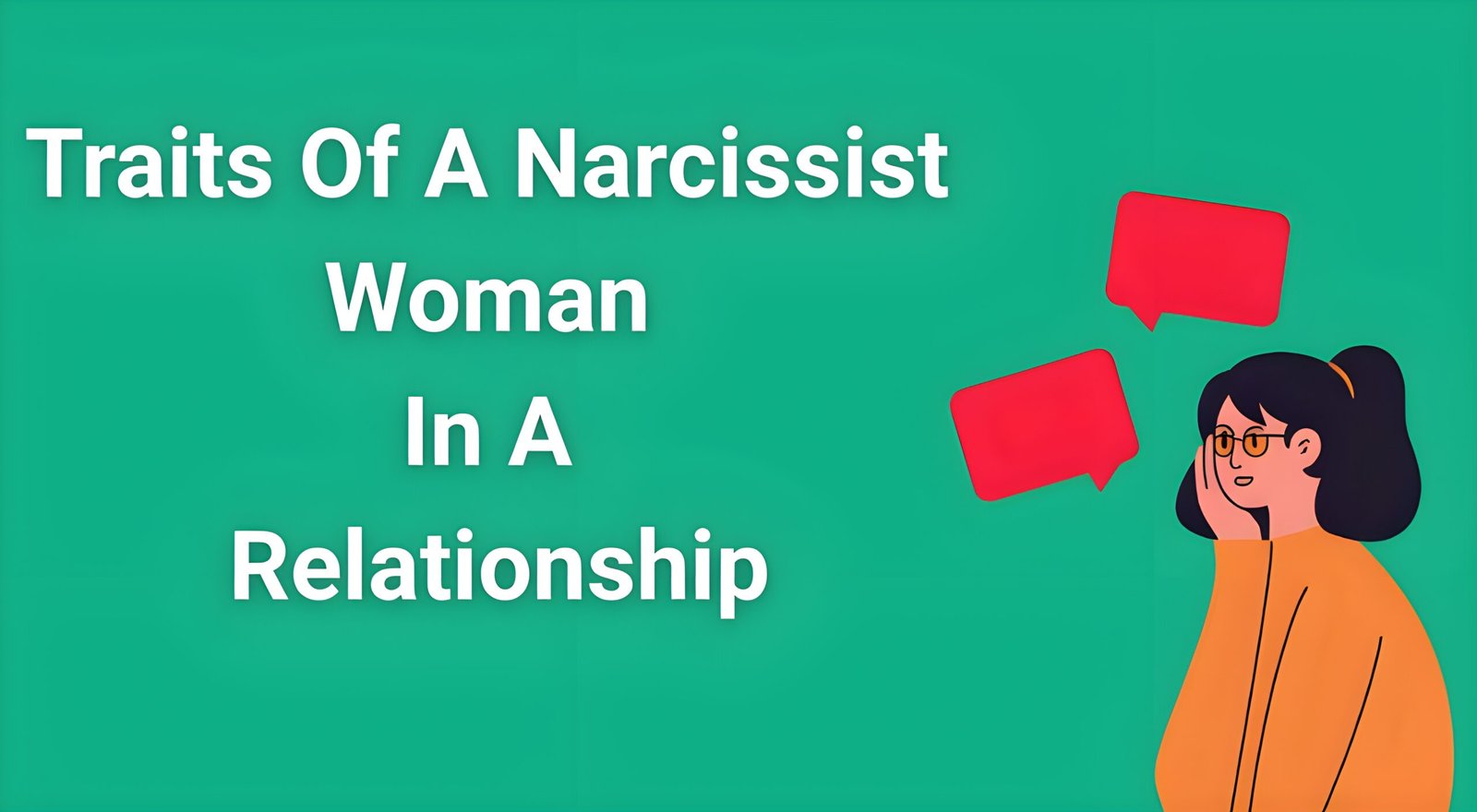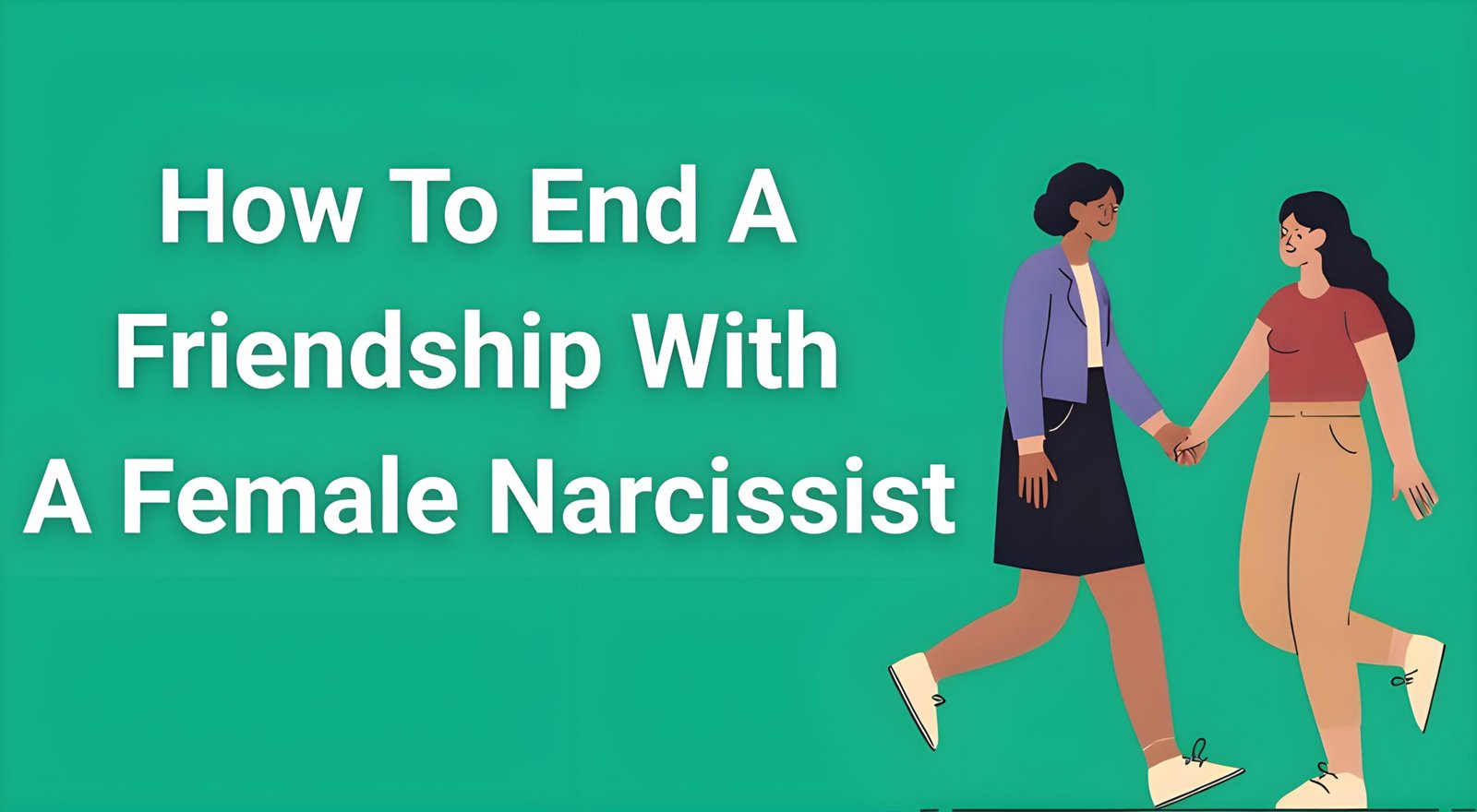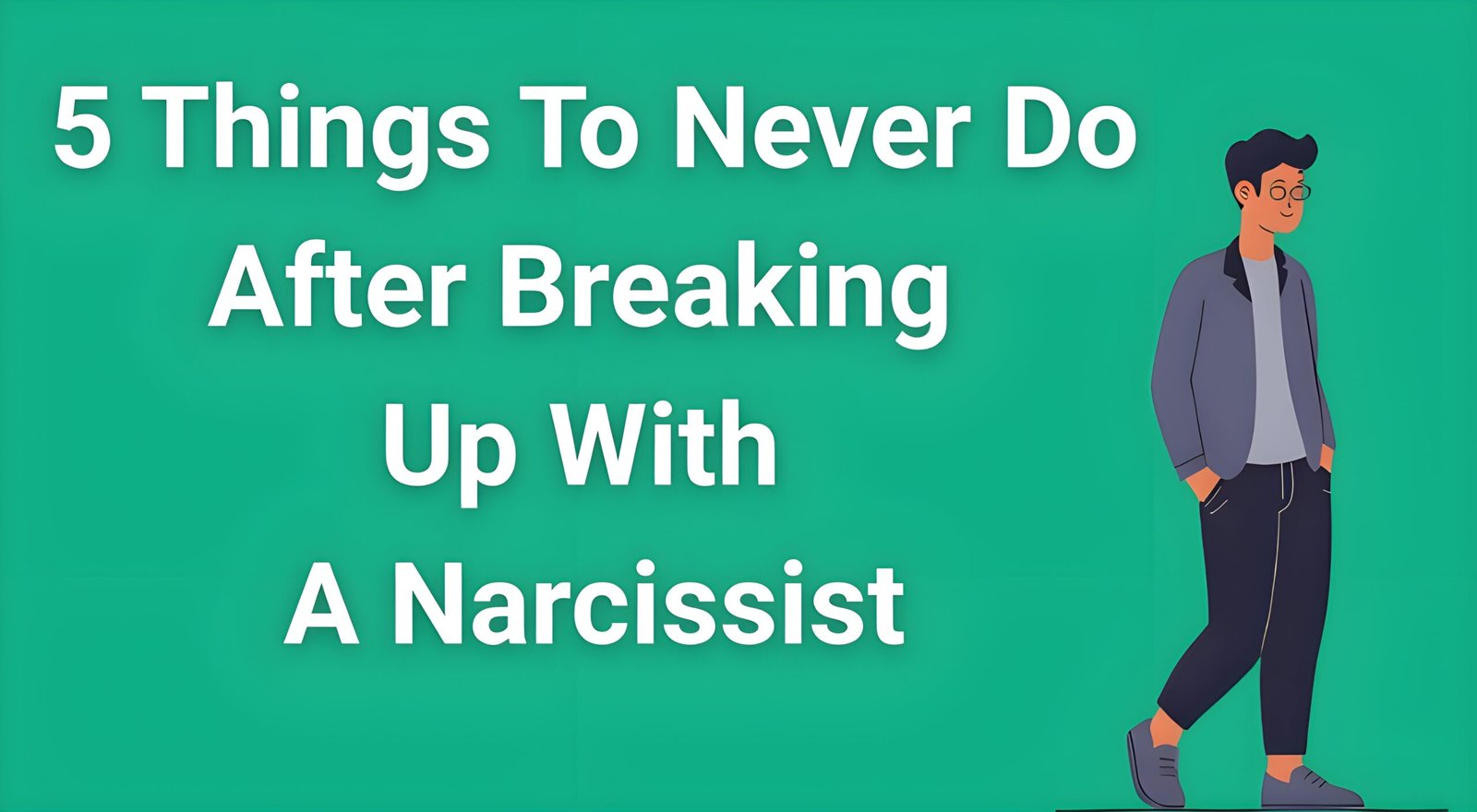If you’ve ever felt emotionally drained after a conversation, questioned your own reality, or found yourself walking on eggshells around someone, you might be dealing with a narcissist. Learning the right 20 key phrases to shut down a narcissist can be the difference between maintaining your sanity and losing yourself in their psychological games.
- Understanding Narcissistic Behavior: Why Regular Communication Fails
- The Psychology Behind Effective Narcissist-Shutting Phrases
- 20 Key Phrases to Shut Down a Narcissist: Your Complete Arsenal
- How to Use These Phrases Safely and Effectively
- Recognizing When Professional Help is Needed
- Safety Considerations and Warning Signs
- Building Long-term Resilience
- Frequently Asked Questions
- Conclusion: Your Journey to Freedom Starts Now
Whether it’s a romantic partner, family member, coworker, or friend, narcissistic individuals have a unique ability to twist conversations, shift blame, and leave you feeling confused and exhausted. But what if I told you that with the right words, you could flip the script entirely?
In this comprehensive guide, you’ll discover exactly what to say to a narcissist to shut them down, protect your emotional well-being, and reclaim control of your interactions. These aren’t just random comebacks – they’re psychologically-backed phrases that therapists and survivors swear by.
Understanding Narcissistic Behavior: Why Regular Communication Fails
Before diving into the specific phrases, it’s crucial to understand what makes narcissistic individuals so challenging to communicate with. People with narcissistic traits operate from a fundamentally different psychological framework than most others.
Narcissists possess an inflated sense of self-importance while simultaneously harboring deep-seated insecurities. This contradiction creates a constant need for validation and control. They manipulate conversations through various tactics including gaslighting, blame-shifting, emotional manipulation, and reality distortion.
Traditional communication approaches often backfire with narcissists because they don’t engage in good-faith dialogue. Instead, they view conversations as battles to be won rather than opportunities for mutual understanding. This is why you might notice that logical arguments, emotional appeals, or attempts at compromise rarely work with these individuals.
Research shows that approximately 6% of the population exhibits narcissistic personality traits, with many more displaying narcissistic behaviors in specific relationships or situations. Understanding this helps explain why your usual communication strategies feel ineffective – you’re essentially speaking different psychological languages.
The key to successful interactions lies in understanding their core motivations: the need for admiration, fear of criticism, and desire for control. The phrases we’ll explore work because they either deny narcissists their desired reactions or redirect the conversation in ways that neutralize their manipulative tactics.
The Psychology Behind Effective Narcissist-Shutting Phrases
Effective phrases to shut down narcissistic behavior work on several psychological levels. First, they establish clear boundaries without providing the emotional reaction narcissists crave. Remember, narcissists feed on strong emotional responses – whether positive or negative. When you respond with calm, measured statements, you’re essentially cutting off their supply.
Second, these phrases redirect responsibility back to where it belongs. Narcissists excel at making others feel responsible for their emotions, behaviors, and problems. Strategic responses help maintain your emotional boundaries while refusing to accept undeserved blame.
Third, many effective phrases work by acknowledging without agreeing. This subtle distinction is crucial because it prevents arguments while not validating inappropriate behavior. You’re essentially saying, “I hear you, but I don’t accept your version of reality.”
Understanding trauma bonding is also essential here. Many people find themselves unable to leave narcissistic relationships not because they’re weak, but because they’ve developed a neurological addiction to the cycle of abuse and reconciliation. This biochemical response can make leaving feel impossible, even when you logically know the relationship is harmful.
The intermittent reinforcement schedule that narcissists often employ – alternating between punishment and reward – creates one of the strongest forms of psychological conditioning. Breaking free from this pattern requires both understanding the dynamics and having practical tools for daily interactions.
20 Key Phrases to Shut Down a Narcissist: Your Complete Arsenal
Boundary-Setting Phrases (1-5)
1. “I won’t allow you to speak to me that way.”
This phrase works because it establishes a clear, non-negotiable boundary. It’s direct without being aggressive, and it focuses on your standards rather than criticizing their behavior. The key is to state it calmly and be prepared to follow through with consequences if the behavior continues.
2. “That’s your opinion, and you’re entitled to it.”
This response is powerful because it acknowledges their right to their viewpoint without agreeing or arguing. It neutralizes their attempt to convince you of their perspective while maintaining your own position. Narcissists often become frustrated when they can’t engage you in defensive arguments.
3. “I can see this is important to you.”
By acknowledging the emotional significance they place on the issue without taking responsibility for fixing it, you validate their feelings while maintaining emotional distance. This phrase helps prevent escalation while refusing to be drawn into their emotional chaos.
4. “I need some time to think about that.”
This phrase gives you space to process and avoid making decisions under pressure. Narcissists often use urgency and emotional intensity to force immediate responses. Taking time disrupts this pattern and allows you to respond thoughtfully rather than reactively.
5. “This conversation is no longer productive.”
When interactions become circular, manipulative, or abusive, this phrase provides a clear exit strategy. It’s objective rather than emotional, making it harder for the narcissist to argue against. Following this statement, be prepared to physically remove yourself if necessary.
Reality-Anchoring Phrases (6-10)
6. “That’s not how I remember it.”
Gaslighting attempts often involve rewriting history to make you doubt your perceptions. This phrase firmly but calmly contradicts their version of events without getting drawn into lengthy explanations or justifications. Your reality is valid, regardless of their attempts to alter it.
7. “I understand you feel that way.”
This acknowledges their emotional state without accepting blame or agreeing with their interpretation. It’s particularly effective when they’re trying to make you responsible for their feelings. You’re demonstrating empathy without taking on their emotional burden.
8. “We see things differently.”
Sometimes the simplest responses are most effective. This phrase establishes that you have your own perspective without invalidating theirs completely. It’s neutral enough to avoid triggering defensive reactions while maintaining your position.
9. “I’m not responsible for how you choose to react.”
Narcissists frequently try to make others responsible for their emotional responses. This phrase clearly establishes that while you may influence situations, you’re not controlling their reactions. It’s particularly useful when they threaten dramatic responses to manipulate your behavior.
10. “That’s an interesting way to see it.”
This response acknowledges their perspective without agreement or validation. It’s neutral enough to defuse tension while subtly implying that their viewpoint is just one of many possible interpretations. The word “interesting” is particularly effective as it’s neither positive nor negative.
Deflection and De-escalation Phrases (11-15)
11. “I’m sorry you feel that way.”
This phrase is brilliant in its simplicity. You’re expressing sympathy for their emotional state without accepting responsibility for causing it. It’s particularly effective when they’re trying to blame you for their problems or emotional reactions.
12. “What would you like me to do about that?”
This question puts the responsibility for solutions back on them. It’s especially useful when they’re complaining about problems you can’t or shouldn’t solve. Often, they don’t actually want solutions – they want emotional reactions.
13. “I can see you’re upset. Let’s talk when you’ve calmed down.”
This phrase acknowledges their emotional state while establishing a boundary around productive communication. It’s particularly important when dealing with narcissistic rage, which can quickly escalate to dangerous levels.
14. “I appreciate your feedback.”
When they’re offering unsolicited criticism or advice, this response acknowledges their input without committing to action. It’s polite enough to avoid triggering anger while maintaining your autonomy to make your own decisions.
15. “I’ll consider that.”
Similar to the previous phrase, this response buys you time and space without outright rejection. It’s particularly useful in professional settings where you need to maintain working relationships while protecting your boundaries.
Disengagement Phrases (16-20)
16. “I don’t want to discuss this right now.”
Sometimes the most powerful response is refusing to engage in the conversation entirely. This phrase is clear and direct, giving you permission to step away from discussions that aren’t serving you.
17. “We’ll have to agree to disagree.”
This phrase effectively ends arguments by acknowledging that resolution isn’t possible. It’s particularly useful when they’re trying to convince you of something you fundamentally disagree with. It allows both parties to maintain their positions while ending the conflict.
18. “I need to focus on my own responsibilities.”
When they’re trying to involve you in their drama or problems, this phrase redirects your attention to your own priorities. It’s a polite but firm way of declining involvement in situations that aren’t your responsibility.
19. “I’m not comfortable continuing this conversation.”
This phrase clearly communicates your emotional boundaries. It’s particularly important when discussions become inappropriate, abusive, or violate your values. Your comfort matters, and you have the right to protect it.
20. “I choose not to respond to that.”
Sometimes the most powerful response is no response at all. This phrase allows you to acknowledge that you heard them without engaging with inappropriate comments, insults, or manipulative tactics. It maintains your dignity while refusing to participate in toxic dynamics.
How to Use These Phrases Safely and Effectively
Implementing these key phrases to shut down a narcissist requires strategy and preparation. The effectiveness of these responses depends not just on the words themselves, but on how and when you use them.
First, practice these phrases when you’re calm and centered. The middle of a heated argument isn’t the time to try remembering new responses. Many survivors find it helpful to write key phrases on cards or in their phone for quick reference during difficult conversations.
Tone and body language are crucial. These phrases work best when delivered in a calm, matter-of-fact tone. Avoid sarcasm, anger, or defensiveness, as these emotions will likely escalate the situation and give the narcissist the reaction they’re seeking.
Timing matters significantly. Some phrases work better during initial boundary-setting conversations, while others are more effective during active conflicts. Pay attention to the narcissist’s emotional state – attempting to use logical responses during narcissistic rage can be dangerous.
Be prepared for escalation. When narcissists realize their usual tactics aren’t working, they often intensify their efforts. This might include increased manipulation, threats, or bringing other people into the conflict. Having a safety plan is essential, especially in intimate relationships.
Consistency is key to success. Using these phrases occasionally won’t create lasting change in your relationship dynamics. The narcissist needs to learn that their manipulative tactics will consistently fail to get the reactions they want from you.
Recognizing When Professional Help is Needed
While these phrases can significantly improve your daily interactions, some situations require professional support. If you’re dealing with severe narcissistic abuse, consider seeking specialized help to understand your situation completely.
Many people benefit from getting a comprehensive analysis of their specific situation. Professional assessment can help you understand exactly what patterns you’re dealing with, why you feel confused, and what steps to take next. This type of personalized insight often provides the clarity needed to make informed decisions about your relationship and recovery.
When you’re ready to address deeper trauma bonding issues, structured recovery programs can be incredibly helpful. These programs use neuroscience-based approaches to help break the addiction-like attachment that often develops in narcissistic relationships. Understanding that trauma bonding operates similarly to substance addiction can be life-changing for many survivors.
For those who cannot immediately leave their situation, learning specific survival strategies becomes crucial. This includes understanding how to maintain your mental health, protect your children if applicable, and prepare for eventual freedom when the time is right.
Safety Considerations and Warning Signs
Before implementing these phrases, it’s essential to assess your safety situation. While most narcissists rely on psychological manipulation rather than physical violence, some individuals may escalate to physical aggression when their control tactics fail.
Warning signs that require immediate professional help or emergency services include threats of violence, stalking behavior, destruction of property, threats of suicide or self-harm, and any physical aggression. If you’re experiencing any of these behaviors, prioritize your safety above all else.
Even emotional and psychological abuse can have severe health consequences. Chronic exposure to narcissistic abuse can lead to anxiety, depression, post-traumatic stress, chronic health problems, and difficulty trusting your own perceptions. These effects are real and deserving of professional treatment.
Creating a safety plan is crucial whether you’re planning to leave or stay in the relationship. This includes identifying safe people you can contact, keeping important documents accessible, having emergency funds if possible, and knowing your local resources for abuse survivors.
Building Long-term Resilience
Learning these 20 key phrases to shut down a narcissist is just the beginning of your recovery journey. Building long-term resilience requires addressing the underlying trauma and developing new patterns of thinking and relating.
Many survivors discover that their attraction to narcissistic individuals stems from childhood experiences or previous relationships. Understanding these patterns can help prevent future involvement with manipulative people and break generational cycles of abuse.
Developing a strong support network is crucial for healing. This might include therapy, support groups, trusted friends and family, or online communities of survivors. Isolation is one of the narcissist’s most powerful tools, so rebuilding connections becomes both healing and protective.
Self-care isn’t selfish – it’s essential for recovery. This includes physical health, emotional regulation skills, spiritual practices if applicable, and engaging in activities that bring you joy and fulfillment. Rediscovering your identity outside of the narcissistic relationship is a crucial part of healing.
Remember that healing isn’t linear. You might have days when you feel strong and clear, followed by days of doubt and confusion. This is normal and doesn’t mean you’re not making progress. Be patient with yourself as you rebuild your life and identity.
Frequently Asked Questions
Q: Will these phrases make the narcissist angrier?
A: Initially, they might become more frustrated as their usual tactics stop working. However, consistently using these responses often leads to less frequent attempts at manipulation over time.
Q: Can I use these phrases with a narcissistic parent?
A: Yes, though you may need to modify your approach based on your living situation and level of dependency. Adult children often find these phrases particularly helpful in establishing boundaries.
Q: What if the narcissist threatens to leave or end the relationship?
A: This is often a manipulation tactic called “emotional blackmail.” Responding with something like “That’s your choice to make” removes their power to use threats as control mechanisms.
Q: How long does it take to see results from using these phrases?
A: Some people notice immediate changes in their stress levels, while relationship dynamics might take weeks or months to shift. Consistency is more important than speed.
Q: Should I explain why I’m changing how I communicate?
A: Generally, no. Narcissists often view explanations as opportunities for further manipulation. Simply implementing the changes without lengthy discussions is typically more effective.
Q: What if I forget to use these phrases during a heated moment?
A: Don’t worry – this is completely normal. The goal is progress, not perfection. Even using these phrases occasionally can help protect your emotional well-being.
Conclusion: Your Journey to Freedom Starts Now
Learning these 20 key phrases to shut down a narcissist represents more than just communication strategies – they’re tools for reclaiming your power and protecting your mental health. Every time you refuse to engage with manipulative tactics, you’re choosing yourself over their dysfunction.
Remember that you didn’t cause their behavior, you can’t control their choices, and you can’t cure their personality issues. What you can do is control your responses and protect your own well-being. These phrases give you the power to do exactly that.
The path forward isn’t always easy, but it’s absolutely possible. Thousands of people have successfully navigated narcissistic relationships and built fulfilling lives on the other side. You have the strength to join them – starting with the very next conversation where you need to shut down narcissistic behavior.
Your freedom begins with a single phrase, spoken with conviction and backed by unshakeable boundaries. The drama ends when you decide it ends. Today can be that day.






